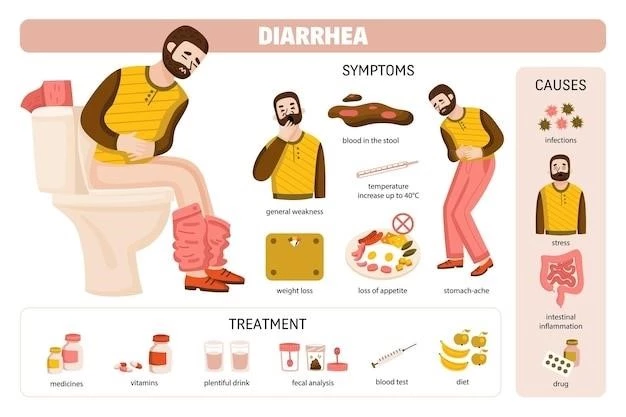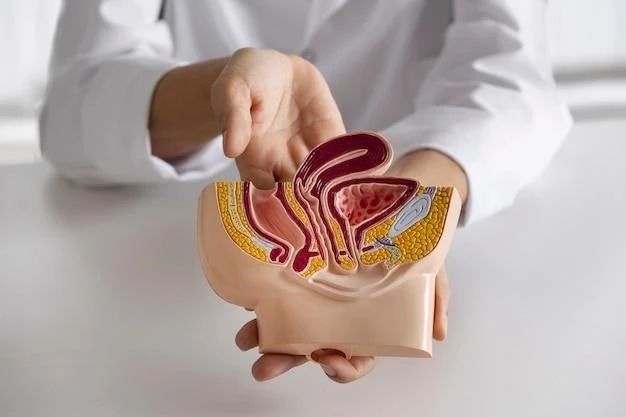Introduction to Sclerosing Mesenteritis
Sclerosing mesenteritis is a chronic inflammatory condition affecting the mesentery, part of the peritoneum.
Definition and Overview
Sclerosing mesenteritis is a chronic inflammatory condition that affects the mesentery, a part of the peritoneum. Also referred to as mesenteric panniculitis, this rare condition involves inflammation and scar tissue formation in the tissue supporting the small intestines.
Causes of Sclerosing Mesenteritis
The exact cause of sclerosing mesenteritis is not clear, but it may be linked to autoimmune responses.
Possible Etiologies
The exact cause of sclerosing mesenteritis is not well understood, but it may involve autoimmune responses leading to chronic inflammation and fibrosis in the mesentery.
Role of Autoimmune Response
In sclerosing mesenteritis, an autoimmune response may lead to chronic inflammation and fibrosis in the tissue supporting the small intestines, known as the mesentery.

Symptoms of Sclerosing Mesenteritis
Common signs of sclerosing mesenteritis include abdominal pain, bloating, diarrhea, weight loss, and fatigue.
Identifying Common Signs
Common signs of sclerosing mesenteritis include abdominal pain, bloating, diarrhea, weight loss, and fatigue. It is essential to recognize these symptoms early for timely intervention.
Understanding Disease Progression
As sclerosing mesenteritis progresses, chronic inflammation and fibrosis in the mesentery can lead to complications such as bowel obstruction. Monitoring the disease progression is crucial for timely management.

Diagnosis of Sclerosing Mesenteritis
Sclerosing mesenteritis is diagnosed using a combination of imaging studies and biopsy procedures for confirmation.
Diagnostic Methods
Diagnosing sclerosing mesenteritis involves a combination of imaging techniques such as CT scans, MRIs, and biopsies to confirm the presence of chronic inflammation and fibrosis in the mesentery.
Importance of Imaging Techniques
Utilizing imaging techniques like CT scans and MRIs is essential in diagnosing sclerosing mesenteritis to visualize any inflammation or fibrosis in the mesentery accurately.
Treatment Options for Sclerosing Mesenteritis
Treatment options for sclerosing mesenteritis include medical interventions and surgical considerations.
Medical Interventions
Medical interventions for sclerosing mesenteritis may involve anti-inflammatory medications, immunosuppressants, and symptom management to alleviate abdominal discomfort and inflammation.
Surgical Considerations
In severe cases of sclerosing mesenteritis, surgical intervention may be necessary to resolve complications such as bowel obstruction or severe inflammation. Consultation with a surgeon is crucial for determining the most appropriate treatment approach.
Mesenteric Panniculitis vs. Sclerosing Mesenteritis
To differentiate between mesenteric panniculitis and sclerosing mesenteritis, it is crucial to understand their distinct characteristics and clinical presentations. Seek medical advice for accurate diagnosis.
Differentiating Between Conditions
To distinguish between mesenteric panniculitis and sclerosing mesenteritis, it is crucial to understand their unique characteristics and clinical presentations. Seek medical guidance for accurate diagnosis and appropriate management strategies.
Understanding the Relationship
Exploring the relationship between mesenteric panniculitis and sclerosing mesenteritis involves understanding their shared characteristics, diagnostic challenges, and treatment options. Seeking expert medical advice is vital for effective management.
Prognosis and Complications of Sclerosing Mesenteritis
Understanding the potential long-term effects and monitoring disease progression are key to managing sclerosing mesenteritis.
Potential Long-Term Effects
Potential long-term effects of sclerosing mesenteritis include complications like bowel obstruction and chronic inflammation, highlighting the importance of regular monitoring and appropriate management strategies.
Monitoring Disease Progression
To effectively manage sclerosing mesenteritis, continuous monitoring of disease progression is essential to detect any complications early and adjust treatment plans accordingly. Regular follow-ups with healthcare providers are pivotal for proactive care.
Management Approaches for Sclerosing Mesenteritis
Effective management of sclerosing mesenteritis involves medical interventions and surgical considerations tailored to individual needs.
Multidisciplinary Care Teams
Coordinated care for sclerosing mesenteritis involves a multidisciplinary approach, where gastroenterologists, radiologists, pathologists, and surgeons collaborate to provide comprehensive and personalized treatment plans.
Coordinated Treatment Plans
In managing sclerosing mesenteritis, the development of coordinated treatment plans involving various healthcare professionals ensures comprehensive care tailored to the individual’s specific needs, optimizing treatment outcomes and patient well-being.
Stay informed about current studies and discoveries in the field of sclerosing mesenteritis to explore novel therapeutic approaches and advancements for enhanced treatment outcomes.
Research and Advances in Sclerosing Mesenteritis
Stay updated on the latest studies and breakthroughs related to sclerosing mesenteritis to explore innovative therapeutic strategies and advancements for improved patient care.
Novel Therapeutic Strategies
Keep abreast of innovative therapeutic strategies being developed for sclerosing mesenteritis to explore potential advancements in treatment modalities for improved patient outcomes and quality of care.
Patient Education and Support for Sclerosing Mesenteritis
Empower yourself with knowledge about sclerosing mesenteritis to actively participate in your care for better outcomes.
Empowering Patients with Knowledge
Empowering patients with knowledge about sclerosing mesenteritis enables active involvement in decision-making processes and fosters a sense of control over their health journey, leading to enhanced well-being and management outcomes.
Importance of Emotional Well-Being
Considering the impact of sclerosing mesenteritis on emotional health is crucial for overall well-being. Seeking emotional support and maintaining a positive mindset can help cope with the challenges of the condition.
Lifestyle Modifications for Managing Sclerosing Mesenteritis
Adopting dietary recommendations and incorporating physical activity can play a vital role in managing sclerosing mesenteritis.
Dietary Recommendations
Adhering to specific dietary guidelines tailored to sclerosing mesenteritis can help manage symptoms and promote overall health. Consult a healthcare provider or a nutritionist for personalized dietary recommendations.
Incorporating Physical Activity
Regular physical activity is beneficial for managing sclerosing mesenteritis. Consult with your healthcare provider to determine suitable exercise routines that can improve overall health and well-being.
Collaborative Approach in Treating Sclerosing Mesenteritis
Enhancing patient outcomes through a team-based healthcare delivery model can optimize treatment effectiveness and overall care coordination.
Team-Based Healthcare Delivery
Collaborate with a team of healthcare professionals, including gastroenterologists, radiologists, pathologists, and surgeons, to ensure comprehensive and effective care for sclerosing mesenteritis.
Enhancing Patient Outcomes Through Cooperation
Collaborative healthcare cooperation is essential for enhancing patient outcomes in managing sclerosing mesenteritis. A multidisciplinary approach can optimize treatment effectiveness and ensure comprehensive care.
